I’m curious about the question of breastfeeding vs. formula and infant health. In your books, you’ve concluded that one is not really better than the other.
Knowing the biology of antibodies, it seems to me that mom’s body will make antibodies to things she comes in contact with, which means her baby’s body will make antibodies too if they’re near her. But if the baby is away from mom frequently, then the opposite is true. What happens if we group together data collected on moms who are physically with their baby for most of the day vs. moms who work and pump etc.?
—Wondering about antibodies
This is an interesting question, partly because it gets at the limits we have on what we can learn from data.
As you note, I’ve spent a great deal of time in the (very large) literature on the impact of breastfeeding on health outcomes. There are a number of overall limitations with that evidence, but one really important one is that the papers are not able to look much at heterogeneity across people. That is, they tend to focus on estimating the impact of breastfeeding on average, not the impact on particular individuals.
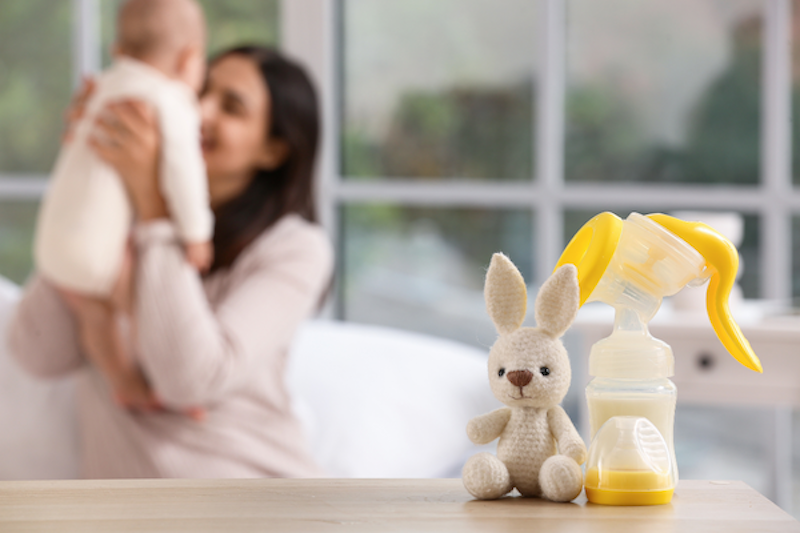
What would be ideal for this is if we had a large randomized trial that was big enough to separately estimate effects for (say) stay-at-home parents versus working parents, or people who pump versus feed, etc. There are so many questions we just cannot hope to answer with the data we have, including yours.
In this case, the best we can do is try to figure out from biology what the answer might be. And, based on that, there may be something to what you are saying. If a mother and baby are together all the time, mom will have more chances to develop antibodies to the disease the baby is exposed to. If the baby is exposed to a lot of illness away from mom (which might happen at day care), then mom may not have those antibodies ready. In principle, this could lower the protection that is delivered by breast milk.
In practice, however, the antibodies delivered by nursing are fairly limited, especially against respiratory viruses. These antibodies are passive — they run through the digestive system, which can break them down, and it’s different from antibodies that you make yourself, which are in the bloodstream. This may be part of why the overall impacts of breastfeeding on respiratory infections are limited, and why the factors you mention could matter in principle but probably are not quantitatively important.
Community Guidelines











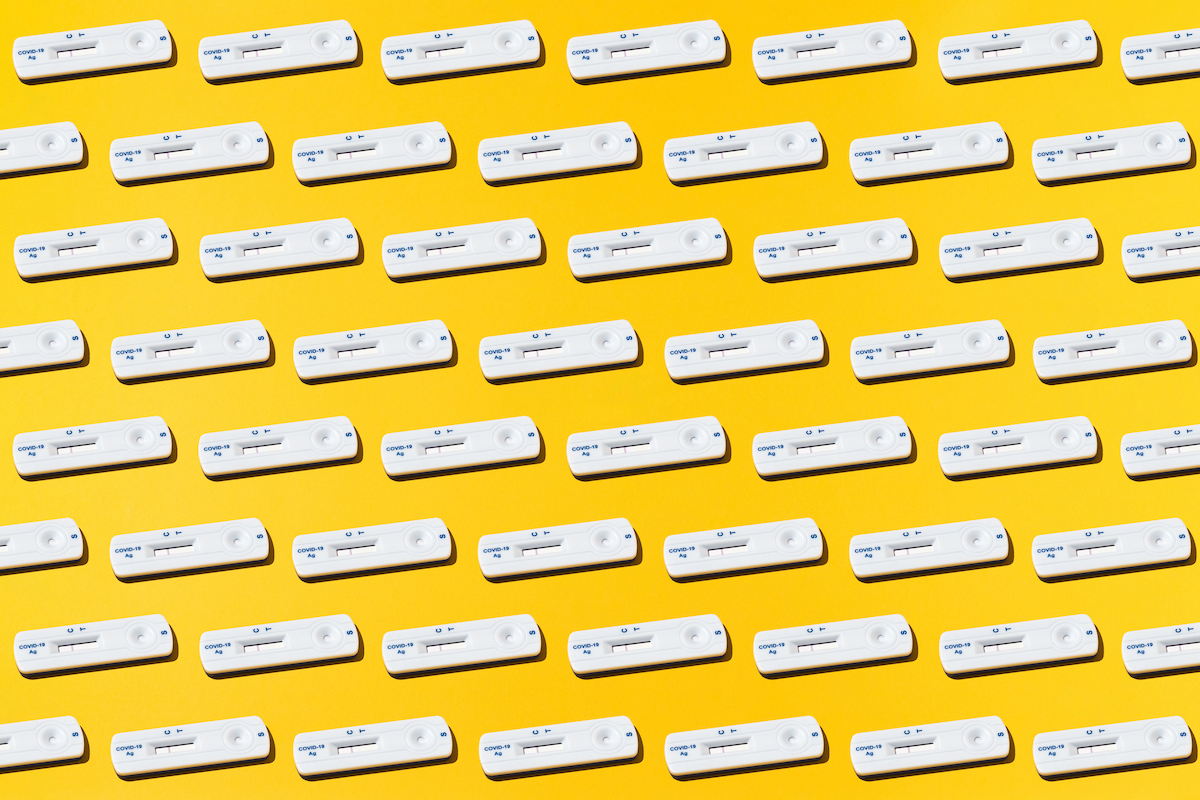
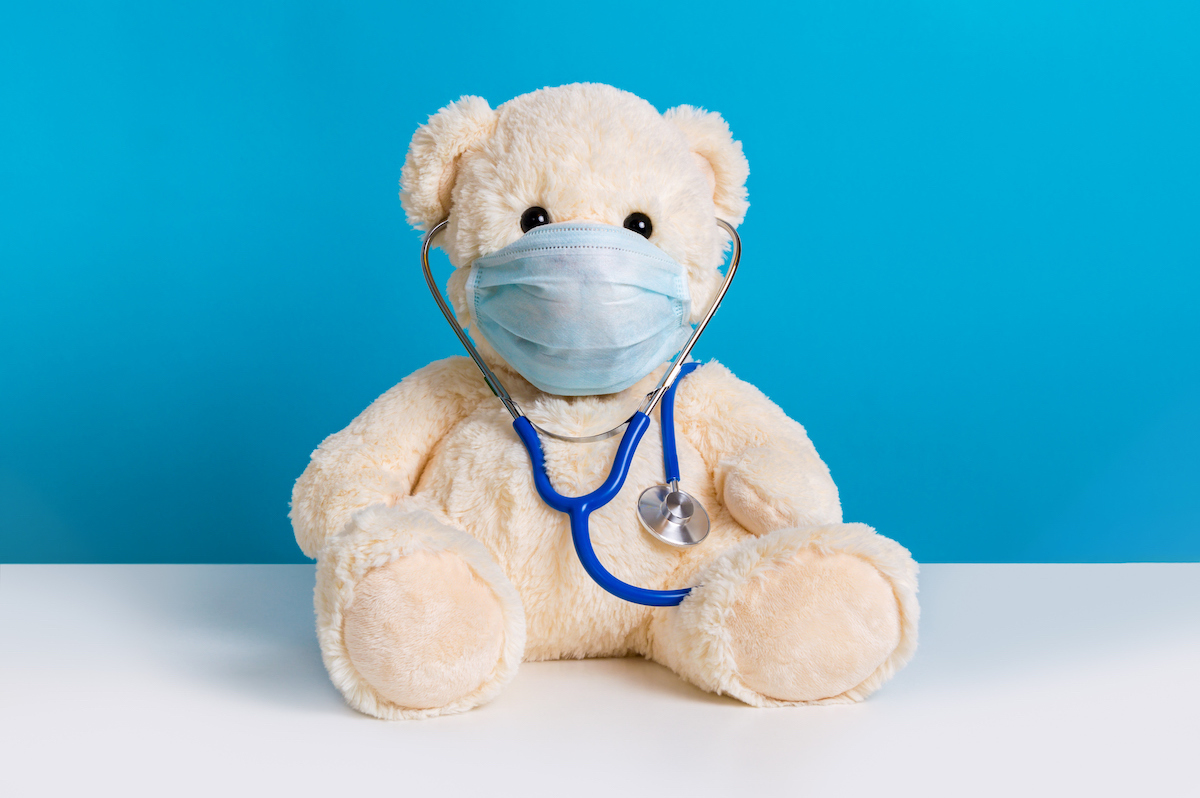
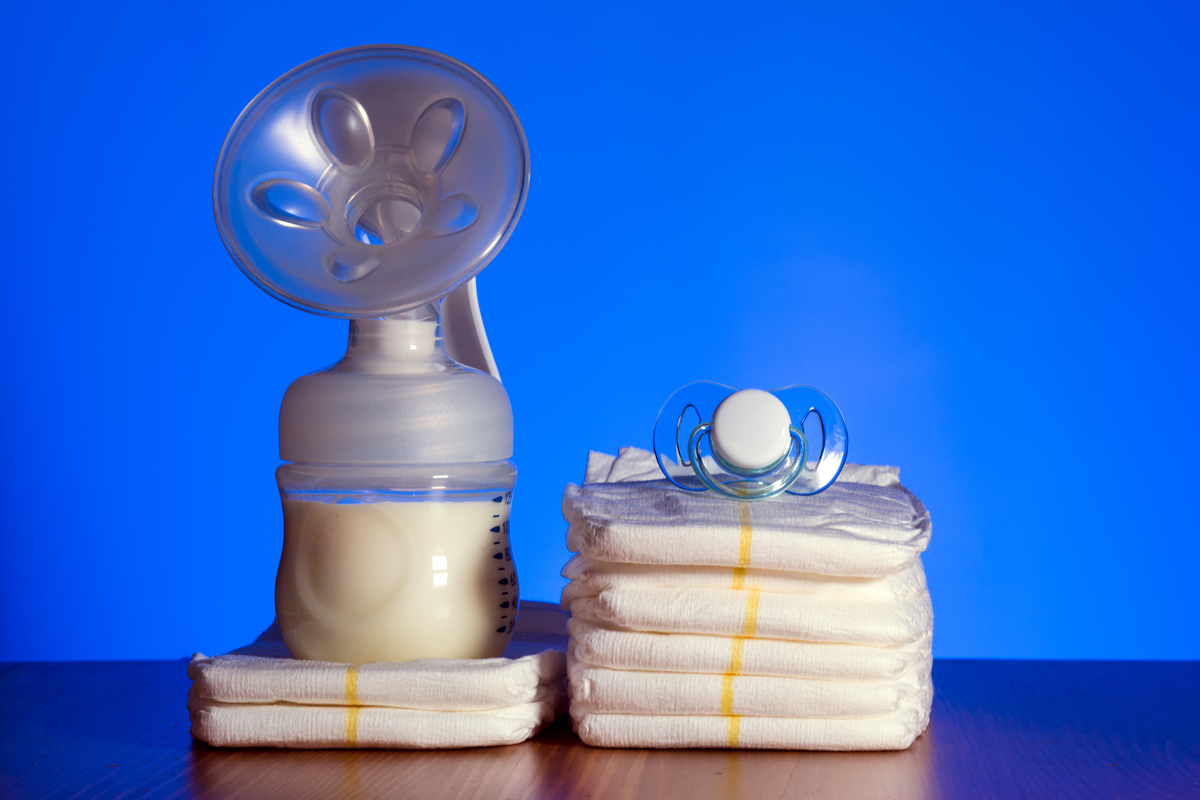
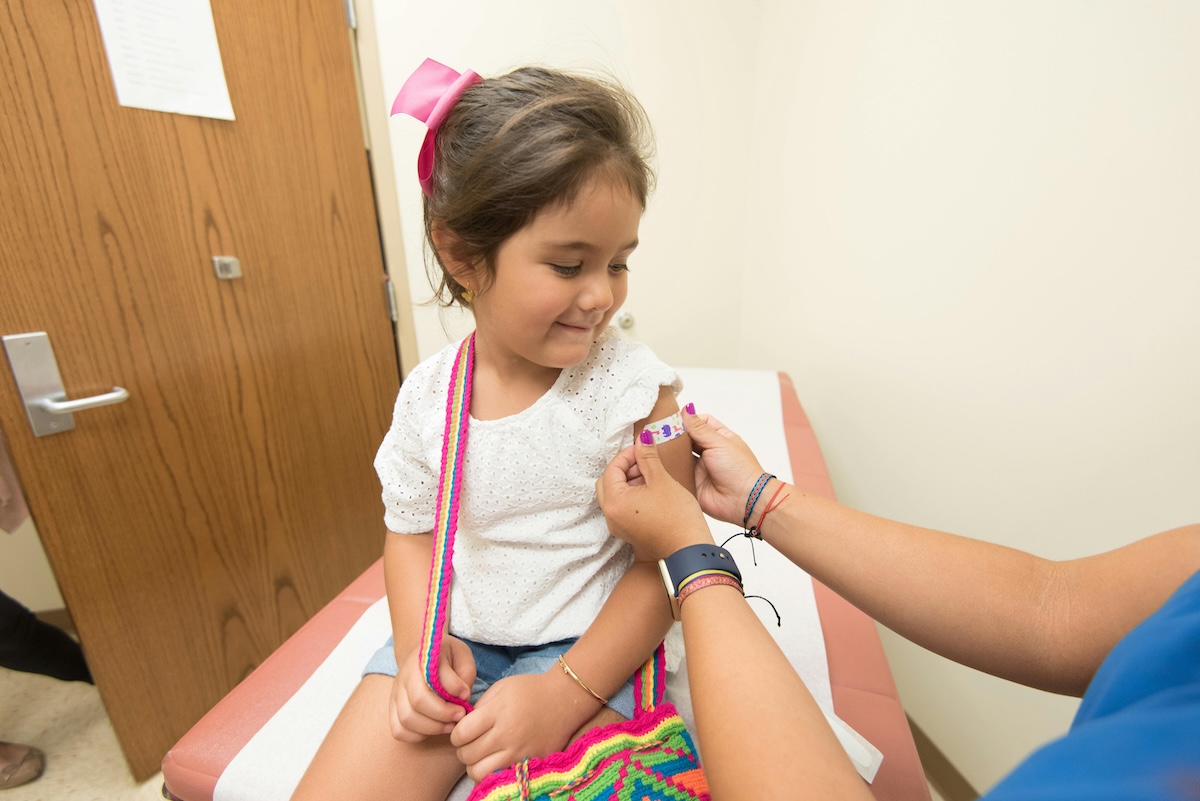

Log in